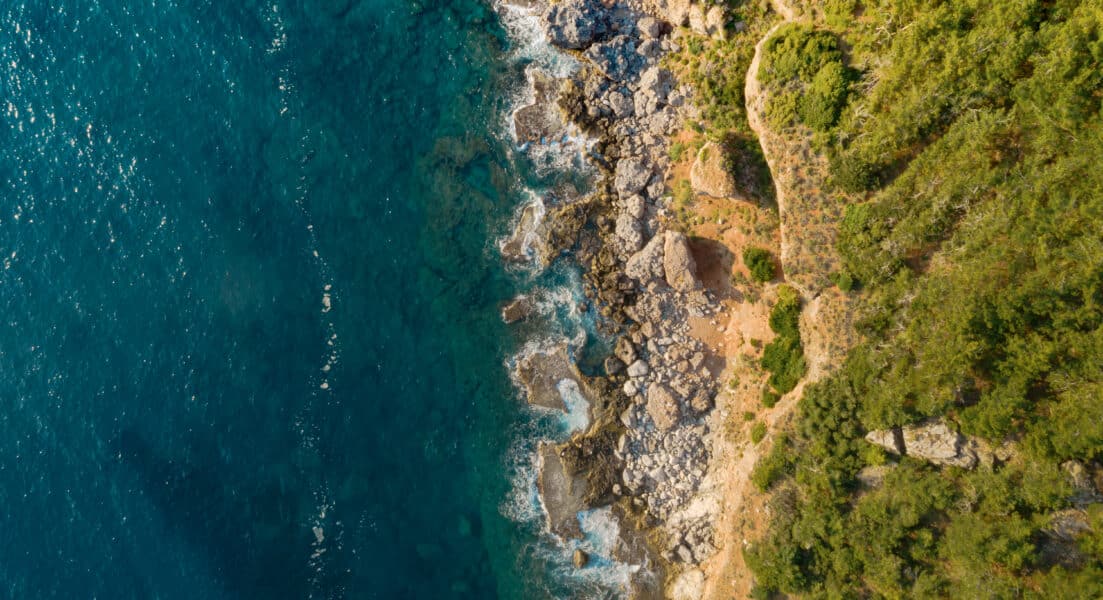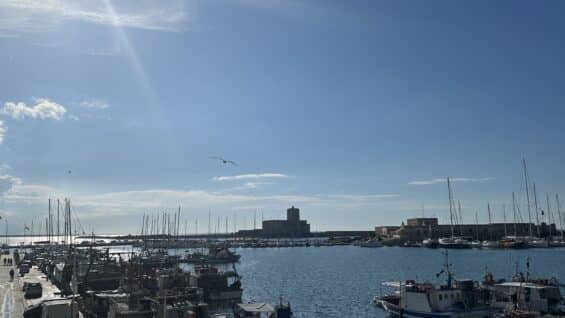Revitalizing Coastal Economies: BlueRev Initiative Tackles Governance Challenges
Coastal communities worldwide are grappling with a convergence of issues, from the pressing threats of climate change to the steady depopulation of rural areas, which in turn exerts economic pressures. In response, initiatives like BlueRev are stepping up to address these challenges head-on. BlueRev focuses on empowering coastal communities, reimagining policy frameworks, and fostering adaptable governance structures to revitalize local economies, particularly in the blue bioeconomy sector.
The initiative’s latest report from RISE delves into the governance analysis of pilot regions – Italy, Denmark/Greenland, and Estonia – to better understand and map out existing governance structures and their impact on the economic, ecological, and social development of the blue bioeconomy.
Understanding Governance for Blue Bioeconomy
The report employs the Governance of Innovation Systems (GOIS) analysis, which assesses the organizational system to identify barriers and enablers for cooperation in implementing, upscaling, and disseminating innovation and new forms of governance. The analysis focuses on six key functions: knowledge development and dissemination, direction of search, legitimacy creation, resource mobilization, market formation, and entrepreneurial experimentation.
Insights from Pilot Regions
- Italy (Sicily): Sicily’s governance analysis reveals a complex landscape with both challenges and opportunities. To fully harness the region’s potential in the blue economy, comprehensive approaches are needed, including stronger collaboration with research and education, fostering supportive regulatory frameworks, and promoting entrepreneurial experimentation.
- Denmark/Greenland: Both regions face labor shortages, logistical challenges, and underutilization of marine by-products. Collaborative efforts and innovative approaches are essential to overcome these barriers and tap into the significant market potential for by-products.
- Estonia (Saaremaa): Saaremaa’s red algae processing industry holds promise, yet faces governance challenges such as fragmented governance and regulatory complexities. Overcoming these hurdles requires coordinated long-term strategies, enhanced collaboration, and supportive policies.
Key Takeaways and Recommendations
The report underscores the underutilization of marine by-products, gaps in workforce supply and demand, resource and infrastructure challenges, and the need for innovation to drive valorization. It emphasizes the importance of collaborative efforts, enhanced societal engagement, and supportive policies to foster sustainable growth in the blue bioeconomy sector.
As coastal communities navigate these challenges, initiatives like BlueRev provide valuable insights and recommendations to chart a course towards a more resilient, sustainable future for coastal economies reliant on the blue bioeconomy.







